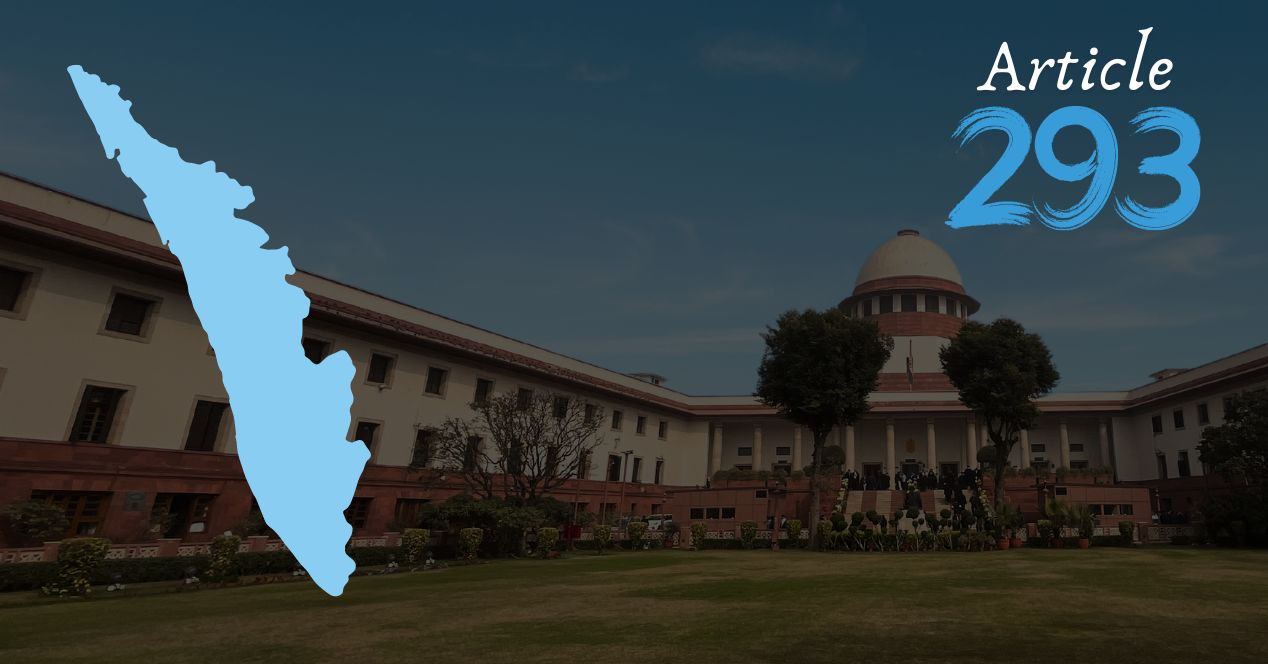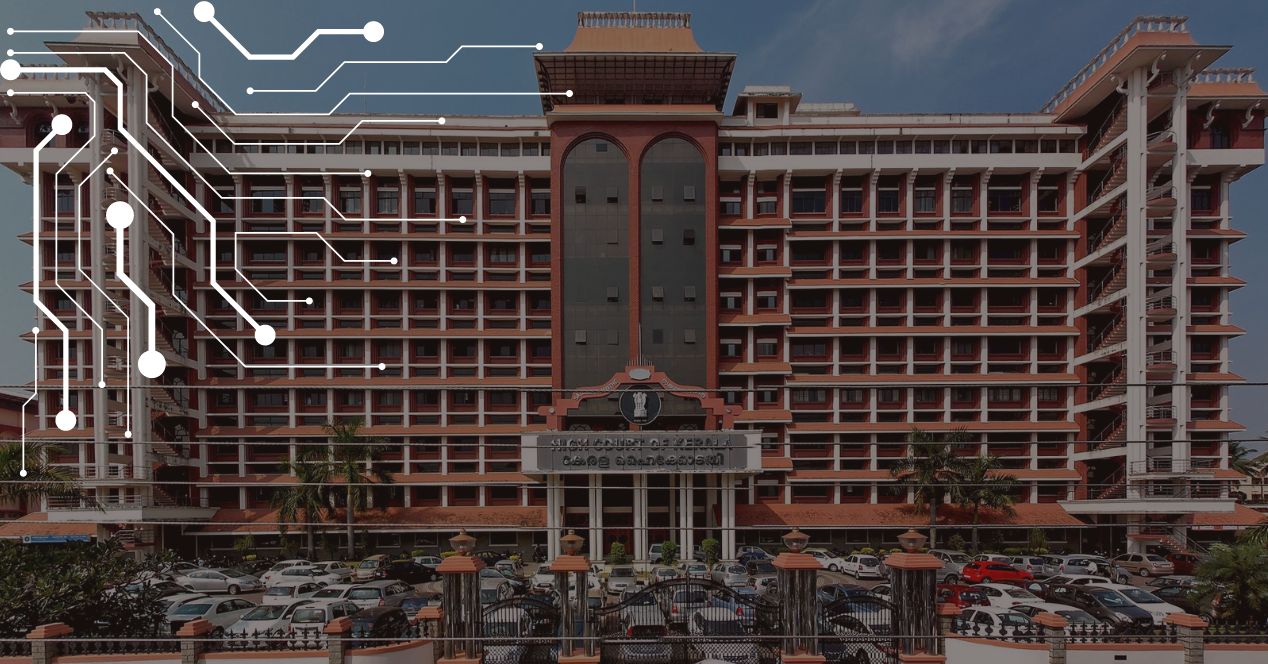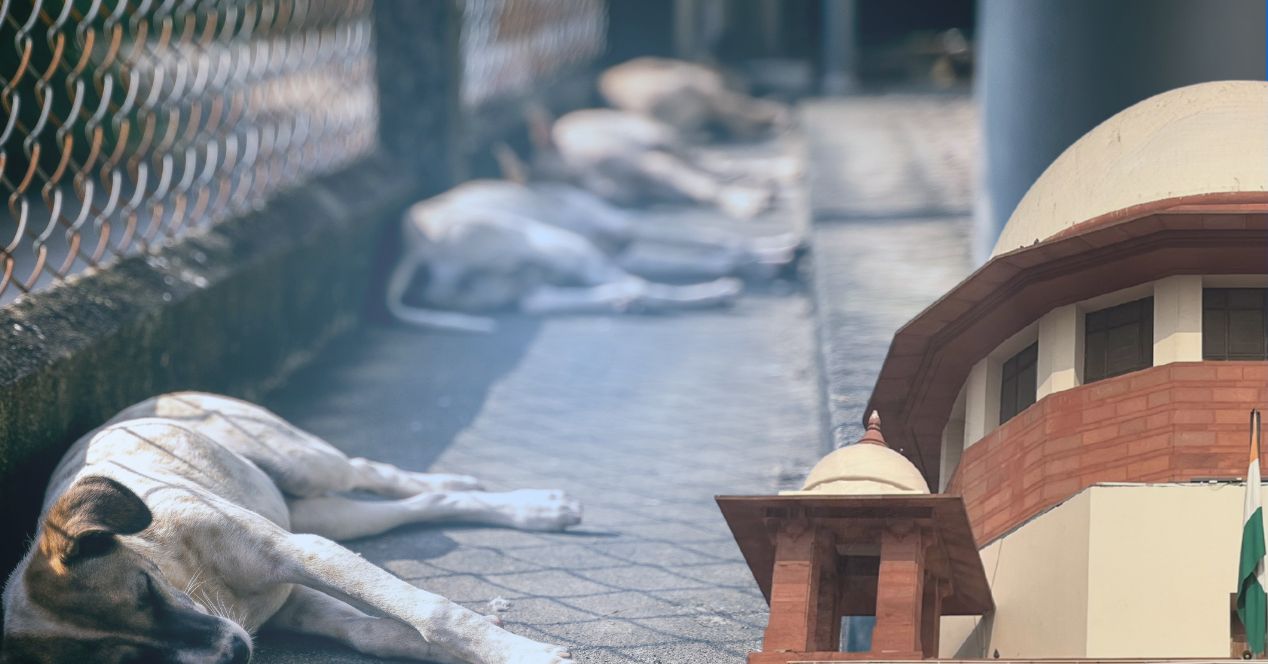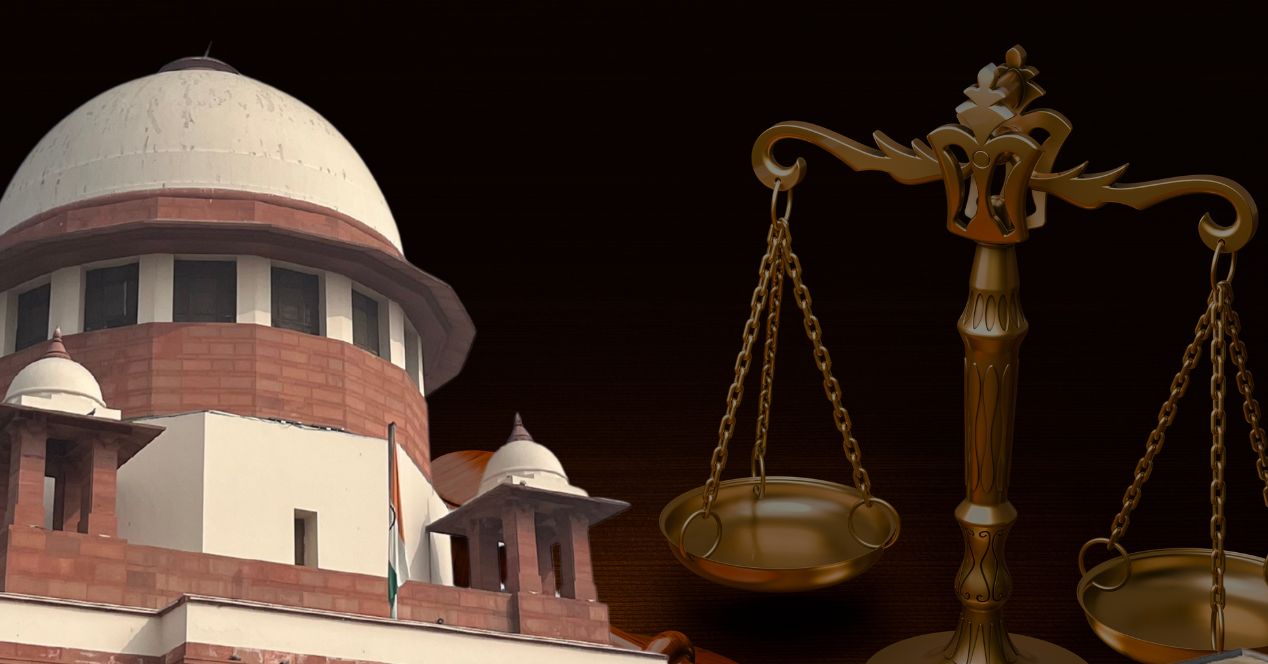Analysis
Edapally-Mannuthy Highway: SC upholds Kerala HC’s Order to suspend toll collection
While stressing safety and public trust, the Court called out the “rank neglect” of Indian roads
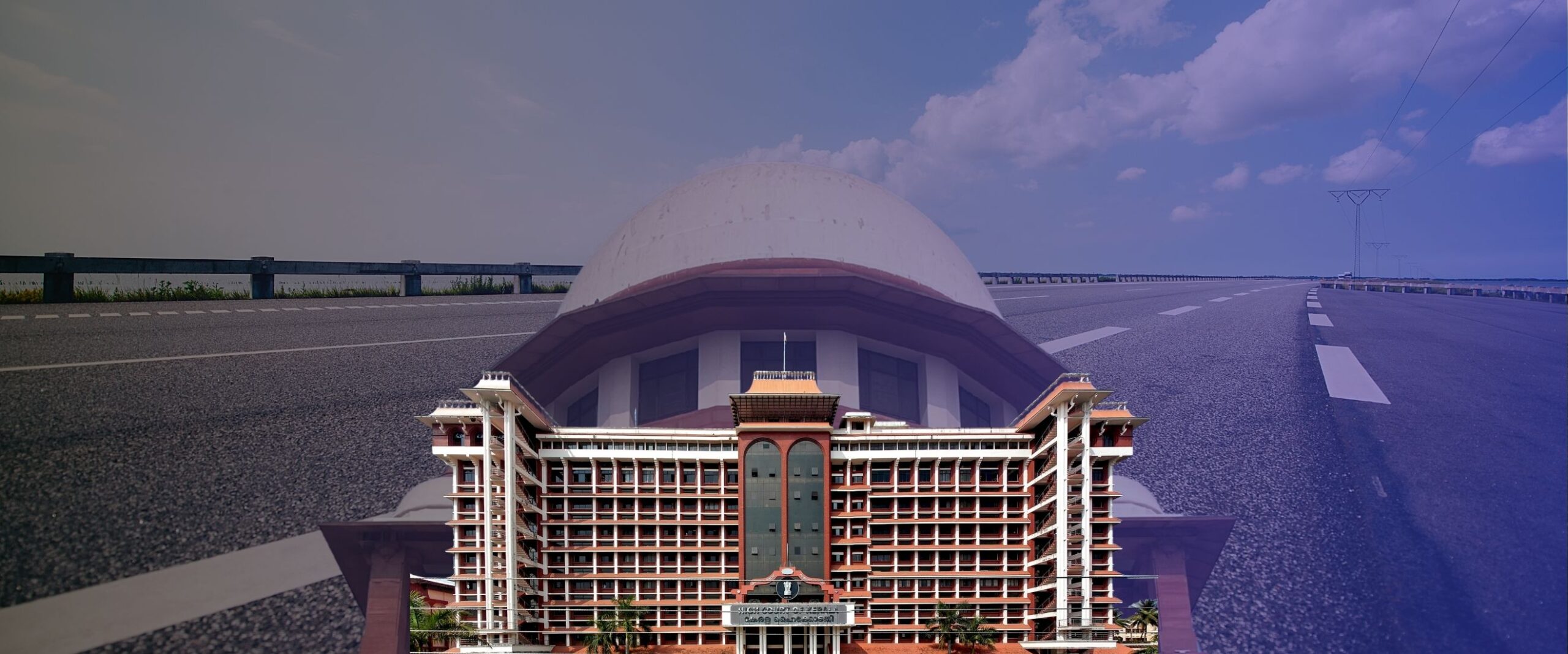
On 18 August, in National Highways Authority of India v O.J.Janeesh, the Supreme Court upheld an interim order of the Kerala High Court that suspended toll collection on the Edapally-Mannuthy National Highway stretch for four weeks. The High Court’s Order was due to poor road maintenance that caused traffic congestion.
The case was heard by a Bench comprising Chief Justice B.R.Gavai with Justices K.V.Chandran and N.V. Anjaria. The judges noted that citizens should be free to move on the roads for which they pay taxes.
In the Order, the Bench also commented on the free market system for the plight of Indian roads. “That, in a democracy, roads are laid on Build Operate and Transfer (BOT) contracts to ensure that the cost is collected from the users, when motor vehicle tax is remitted for their use on roads, is a sad reflection of free market,” the Bench wrote.
They further called out bidders and contractors for extracting more money than the cost of construction. “That, the successful bidder extracts much more than what is spent on construction and maintenance, is a comedy of errors,” the judges wrote.
Background
Guruvayoor Infrastructure Pvt. Ltd., a third-party contractor, has been authorised by the NHAI to collect user fees since 2006.
The case before the High Court arose from an order issued by the District Collector earlier this year suspending fee collection under Section 152 of the Bharatiya Nagarik Suraksha Sanhita, 2023. This Order was subsequently withdrawn.
Petitioners moved the High Court seeking restoration of the suspension. They argued that congestion was caused by ongoing works such as underpasses, flyovers and drainage, executed by certain contractors.
The NHAI opposed the plea, maintaining that toll collection was governed by contract. Any judicial direction to halt it would trigger contractual consequences, including potential claims for damages. It further argued that commuters faced inconvenience on only a four-kilometre stretch out of the total 64.94 kilometres.
The Supreme Court, however, observed that even this limited disruption created a cascading effect, prolonging traffic jams across the entire stretch.
The High Court’s Order
On 6 August, in an interim Order, Justice A. Muhamed Mustaque of Kerala High Court had held that every public infrastructure project initiated by the state imposed on it a corresponding obligation to ensure that public interest is safeguarded and prioritised. This, he said, necessitated effective public management and oversight of infrastructure projects.
Justice Mustaque’s Order also noted that contractual obligations entered into by the state with private partners do not absolve it of its foundational duty to uphold the public trust. “No agreement between the State and a private entity can override the imperative to protect public interest,” the Order said.
A legal obligation on the public to pay a fee, the High Court said, also conferred upon them a corresponding right to demand unhindered, safe and regulated access to roads. It noted that any failure of the NHAI or its agents to ensure such safe access was a breach of the public’s legitimate expectation and undermined the very basis of the toll regime.
The High Court relied on the Supreme Court’s Judgement in Umri Pooph Pratappur Tollways Pvt Ltd v M.P. Road Development Corporation (2025). In this case, the top court had held that the right to safe, well-maintained and motorable roads was part of the right to life under Article 21.
Supreme Court: Make contractors a party
The NHAI urged that the traffic block occurred only at four “black spots” where construction work is going on. To address this, it had delegated the work at these spots to a contractor who was not impleaded in the proceedings before the High Court. It stressed that upholding the High Court’s Order could put the entire carriageway into more despair as it would interfere with contractual obligations.
Unconvinced by these arguments, the Supreme Court upheld the High Court’s Order and appreciated its “citizen-centric approach” in this matter. It directed that the High Court continue to monitor the progress of the case.
The Bench requested the High Court to make the contractors a part of the case. They were sure to note that as soon as smooth traffic had resumed, the NHAI could pray for the prohibitory order to be lifted.

